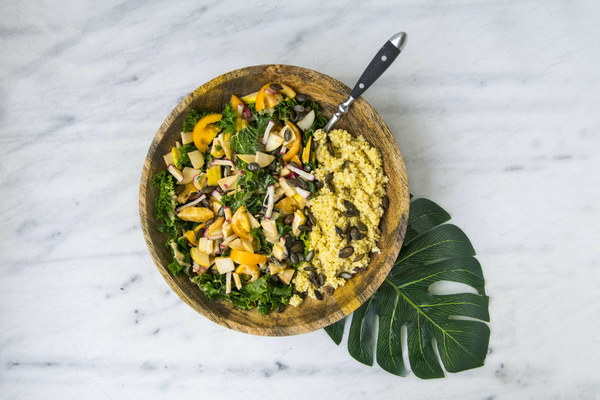Breath Deeply and Nourish Your Lungs The Art of HalfFull Living for Optimal Lung Health
In the hustle and bustle of modern life, our lungs often bear the brunt of our stress and overindulgence. Half-full living, a concept rooted in Eastern philosophies, is a mindful approach that encourages us to find balance in our lives. This article delves into the art of half-full living, specifically focusing on the benefits of practicing this philosophy for optimal lung health.
Understanding Half-Full Living
Half-full living is the practice of recognizing and appreciating the present, while avoiding excess and overindulgence. This concept can be applied to various aspects of life, including diet, exercise, and mental well-being. By embracing half-full living, we can reduce the strain on our bodies, including our lungs.
1. Mindful Breathing Techniques
One of the most effective ways to nourish your lungs through half-full living is by practicing mindful breathing techniques. These exercises help to deepen your breath, increase oxygen intake, and relax your body and mind.
- Diaphragmatic Breathing: Lie on your back and place one hand on your chest and the other on your abdomen. Inhale deeply through your nose, allowing your stomach to rise, not your chest. Exhale slowly through pursed lips, releasing the breath from your abdomen first.
- 4-7-8 Breathing: Inhale for 4 seconds, hold your breath for 7 seconds, and exhale for 8 seconds. Repeat this cycle four times.
- alternate Nostril Breathing: Sit comfortably and close your right nostril with your right thumb. Inhale deeply through your left nostril, then close it with your ring finger. Open your right nostril and exhale completely. Repeat the process on the other side.
2. Diet for Lung Health
Half-full living encourages us to eat in moderation and choose foods that support lung health. Here are some dietary tips:
- Fruits and Vegetables: Incorporate a variety of fruits and vegetables into your diet, as they are rich in antioxidants and vitamins that help protect your lungs.
- Nuts and Seeds: Almonds, walnuts, and flaxseeds are great sources of healthy fats, which can help reduce inflammation in the lungs.
- Herbs and Spices: Turmeric, ginger, and garlic have anti-inflammatory properties that can support lung health.
- Fish: Omega-3 fatty acids found in fish like salmon, sardines, and mackerel can help reduce the risk of lung diseases.
3. Moderate Exercise
Engaging in moderate exercise is another way to practice half-full living and support lung health. Activities such as walking, swimming, and cycling can improve lung capacity and overall fitness.
- Start Slowly: If you're new to exercise, begin with short, manageable sessions and gradually increase the duration and intensity.

- Stay Hydrated: Proper hydration is essential for lung function, so drink plenty of water throughout the day.
- Listen to Your Body: Pay attention to your body's signals and rest when needed to avoid overexertion.
4. Manage Stress
Stress can exacerbate lung conditions and impair lung function. By practicing stress-reduction techniques, you can support your lung health.
- Meditation: Mindfulness meditation can help you stay grounded and reduce stress levels.
- Yoga: Yoga combines physical postures, breathing exercises, and meditation, making it an excellent stress-reduction tool.
- Nature: Spend time in nature, as it can have a calming effect on your mind and body.
In conclusion, half-full living is a mindful approach that can significantly improve your lung health. By incorporating mindful breathing techniques, a balanced diet, moderate exercise, and stress-reduction methods, you can nourish your lungs and enjoy a healthier, happier life. Remember, the key to half-full living is moderation and balance, allowing you to breathe deeply and fully embrace the present moment.









